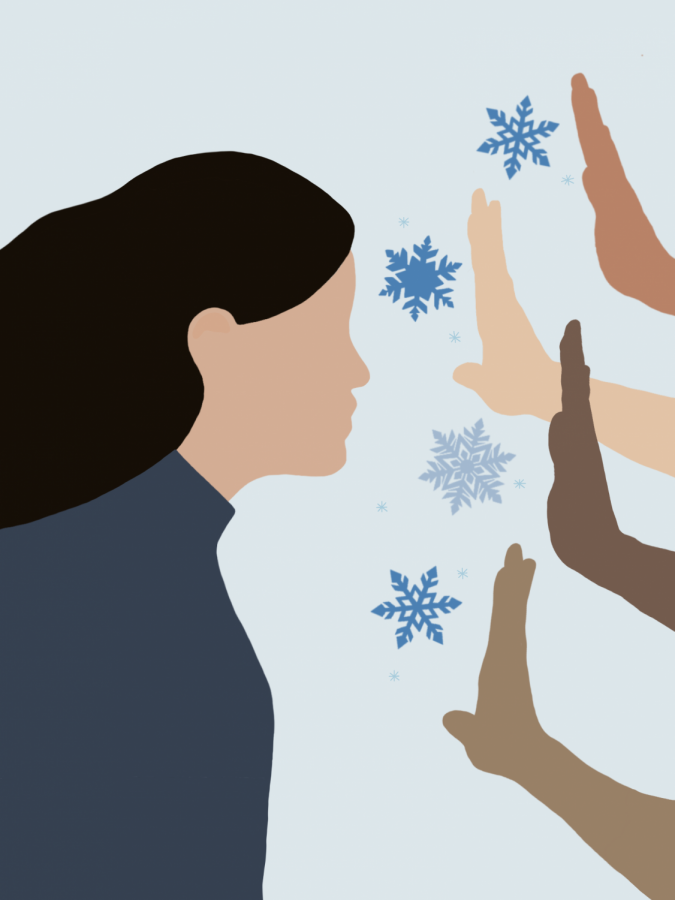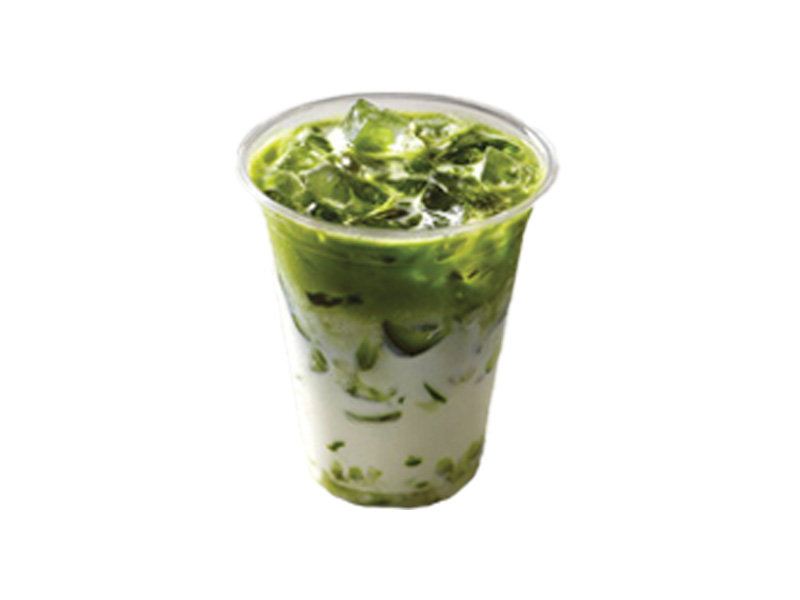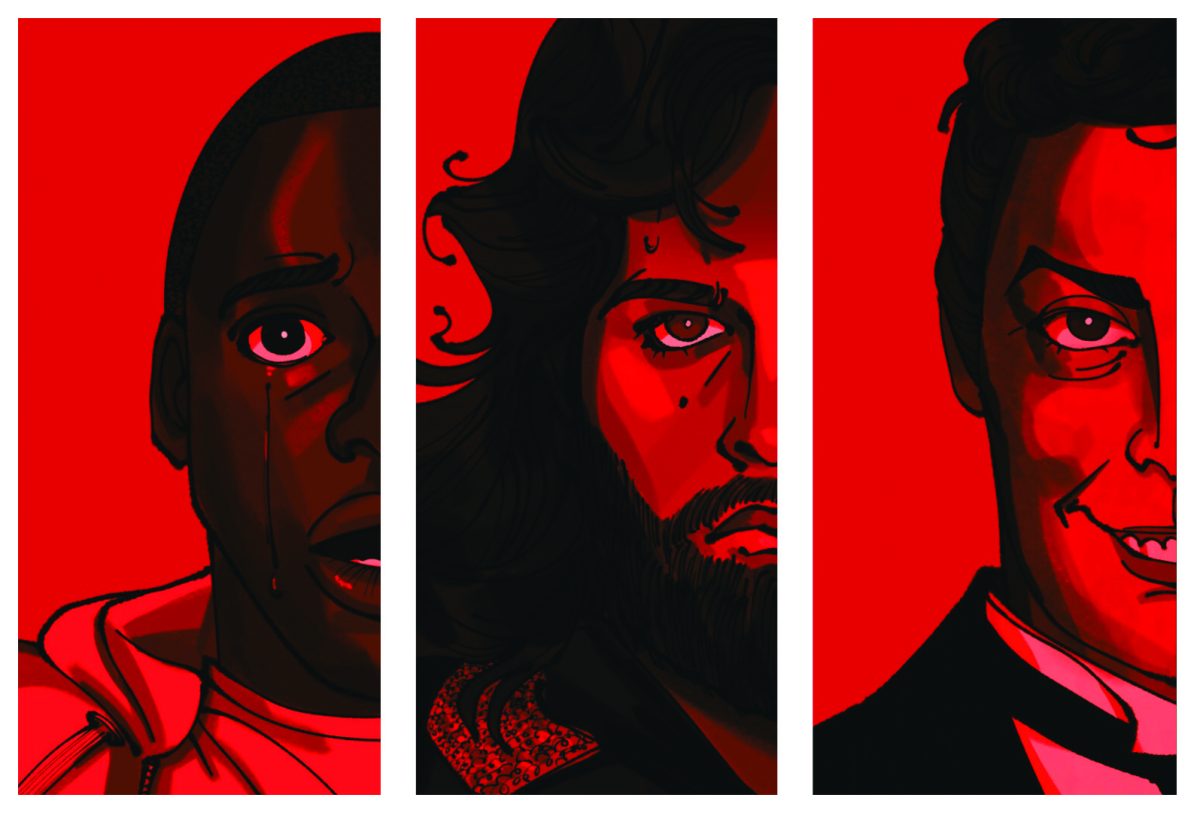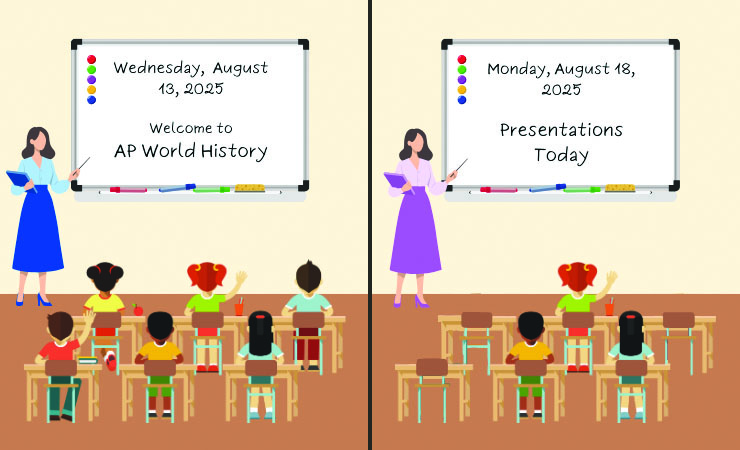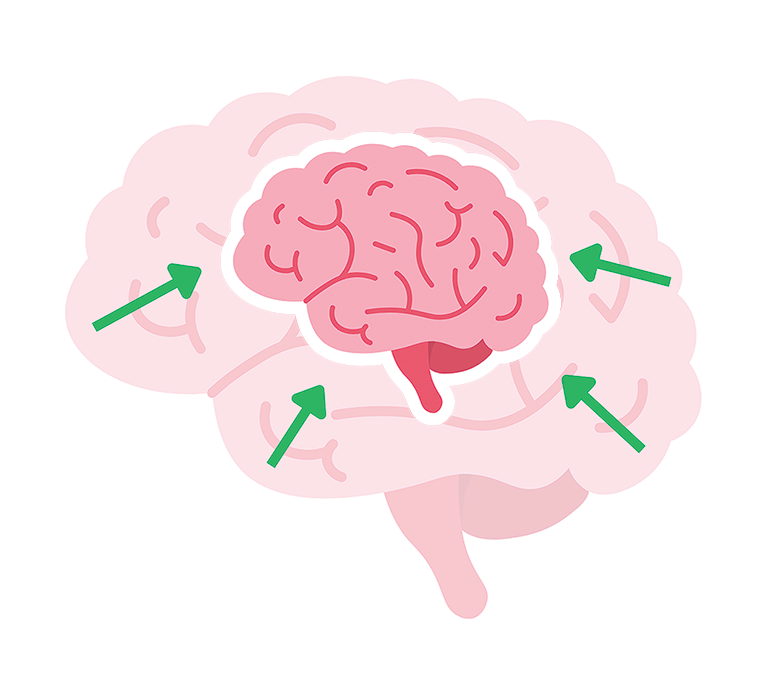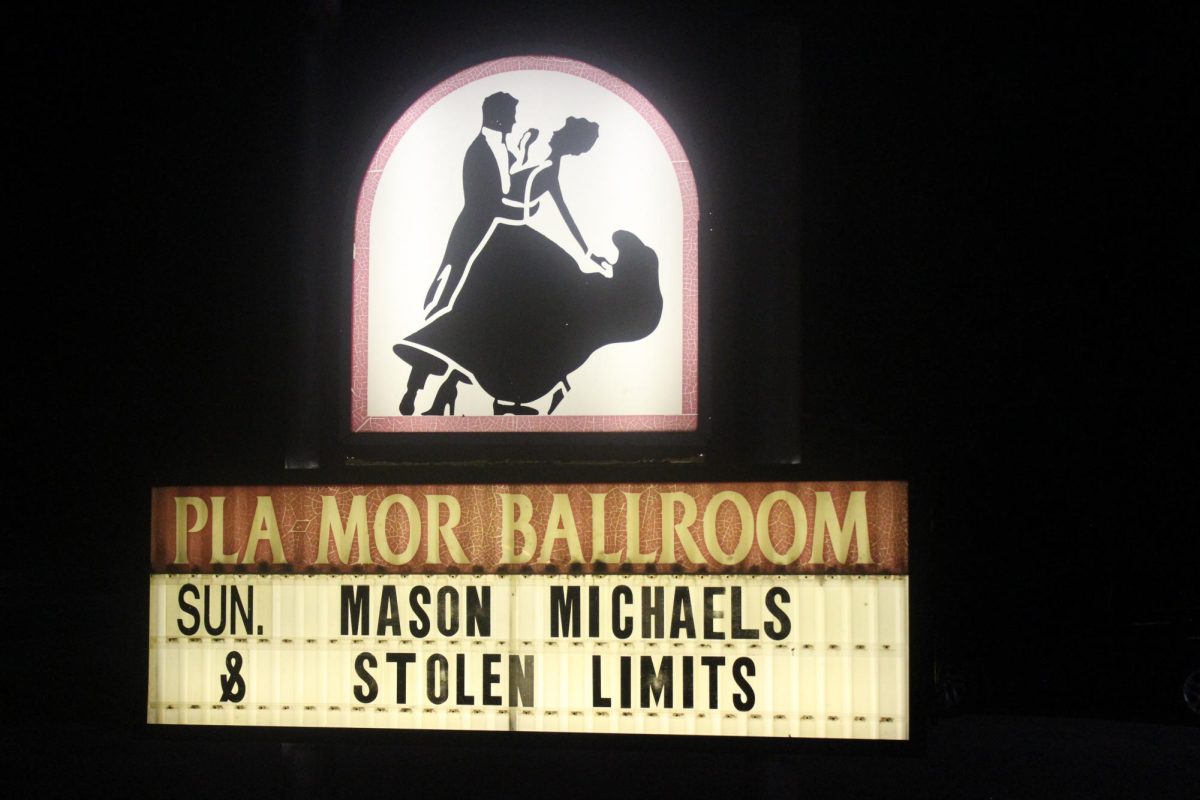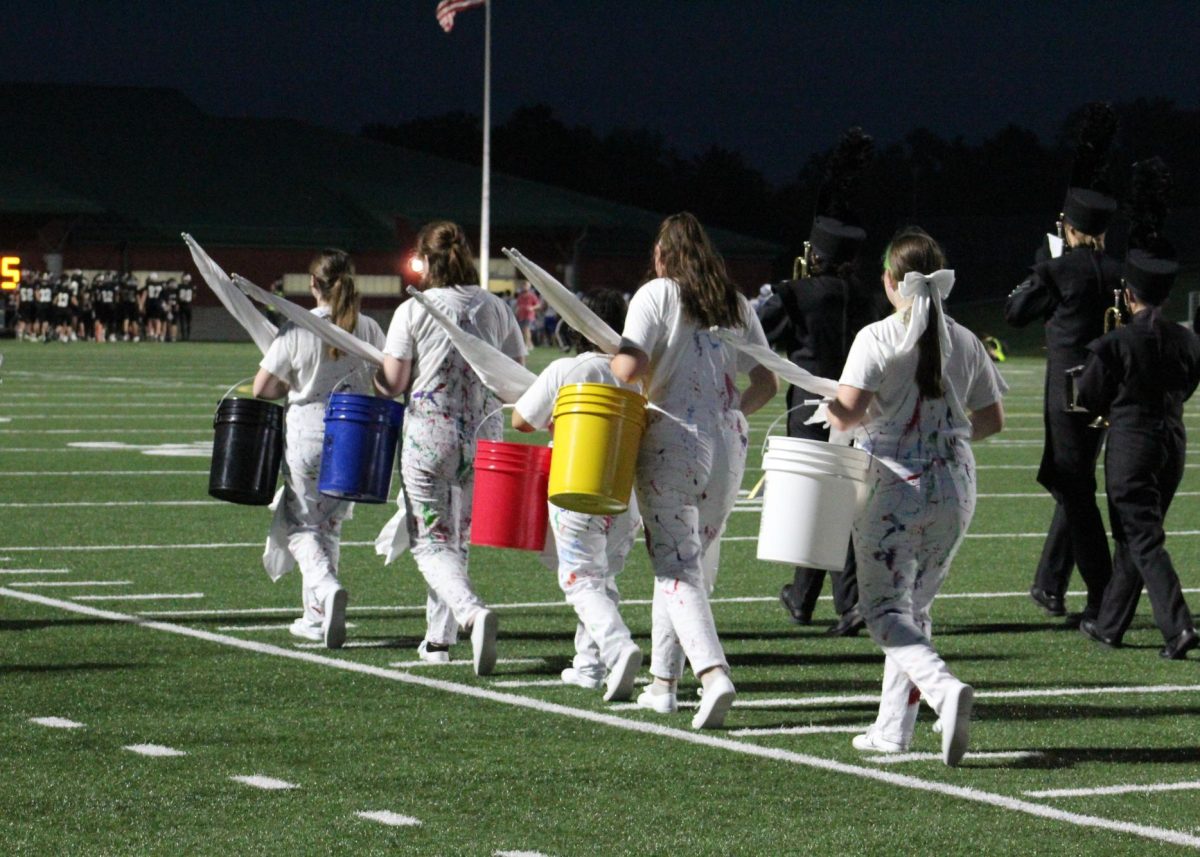An internet blizzard: The new meaning of snowflakes
December 28, 2020
As we watch snowflakes fall from the sky, we admire their intricate designs and uniqueness. They indicate the beginning of the coldest season and evoke feelings of joy and excitement from all ages. However, they take on a different meaning this winter. As seen on popular social media platforms such as TikTok, the snowflake emoji has popped up in various comment sections to insult someone for being easily offended or too sensitive to certain issues. Along with these snowflake emojis are various comments that relay a similar message: “It’s just a joke.”
The use of the snowflake emoji has become more popular on social media due to the dynamics of this year. Apps like TikTok are where these emojis make the most frequent appearance due to its abundance of humorous content. When it comes to making jokes online though, there is an extent to dark humor. If some take offense to a particular joke, the comments become flooded with backlash. However, there are those that strike back with snowflake emojis, commenting that some people are simply too sensitive.
These snowflakes don’t just appear in the comments section of humorous videos though. They have also been used in regards to the heated 2020 election where many took to social media to express their viewpoints. Khang Nong (10) explains that the recent election was an example of when the snowflake emojis were used quite often, indicating that its uses may depend on politics as well.
“This was used a lot during the election so a few weeks before the election happened, but I have not seen it very much after the announcement of the next president of the United states,” Khang said. I feel like its a way for one political party to express their own opinions, like how on the left said a lot of people would say “No *insert red heart emoji*” when they want to be able to express their counter argument to the opposing party.”
With more of the younger generation becoming aware of certain social issues, more weight has been put on the intent behind one’s words and actions. Because of this, microaggressions have also started to receive some attention despite being overlooked before. Thus, they have become a target of the snowflake emojis because many don’t consider them as straightforward of an insult. Microaggressions are negative remarks towards culturally marginalized groups that have become so commonplace that many are unaware of its implications. Some examples include phrases like “you speak good English” or telling a minority they don’t act like their stereotype. Other examples come in the form of dark humor. Liem Wills (10) explains that there are inherent impacts to these remarks and that snowflakes undermine those effects.
“I think most dark humor is bad and insensitive, and they’re just excuses to say something derogatory, racist, sexist, homophobic,” Wills said. “I think [the term snowflakes] are rude and takes away the pain that people are feeling and makes them seem as though they are sensitive and shouldn’t have those feelings. Anything can be taken the wrong way and even if it is just a joke, it’s disrespectful. Right now Black people and Asian people are the most vulnerable towards microaggression because of BLM and Asian people being blamed for the Coronavirus, which is inaccurate.”
However, there are many that have found ways to justify their use of snowflakes towards microaggressions. According to Conor Friedersdorf from The Atlantic on Sept. 11, 2015, microaggressions arose from “victimhood culture,” where victimization is considered “a way of attracting sympathy, so rather than emphasize either their strength or inner worth, the aggrieved emphasize their oppression and social marginalization.” Additionally, others have said that being hypersensitive causes casual remarks to blow out of proportion.
In order to avoid this conflict that microaggressions have created, many say that the group that is being referred to is the one that decides whether or not something is “just a joke.” This way, the problem of distinguishing between offensive and regular jokes can also be avoided. Thus, there is still much contempt towards the snowflake emojis since many of its users are not the ones that are directly affected. Giselle Orellana (10) explains that continued utilization of the term snowflakes can just exacerbate the microaggression situation. This means that it is important for us to help others identify these remarks.
“Microaggressions are just underneath the tip of the iceberg labeled “racism”. The more we normalize these microaggressions, the more blinded people will get,” Orellana said. “People should know right from wrong, but we can’t have people thinking that it’s right. There are always going to be bigots, but there are also people who, when something that they did or said wrong is pointed out for them, they’re going to want to fix what they’ve done, or change the way they speak moving into the future.”
So while we shouldn’t forget the coziness and winter vibes snowflakes bring, there is an important realization that we have to keep in mind. The things we say – or type – have weight to them, and it’s important that we recognize the significance of our words.

